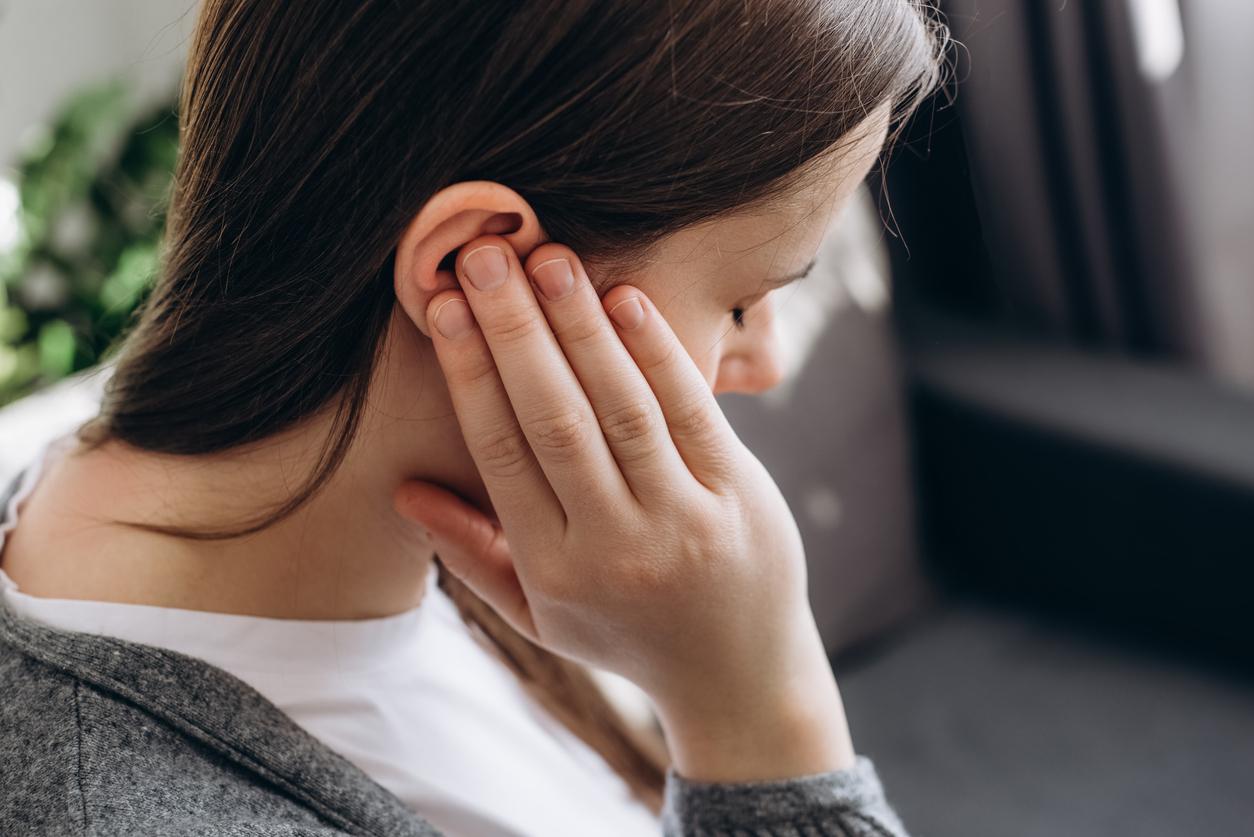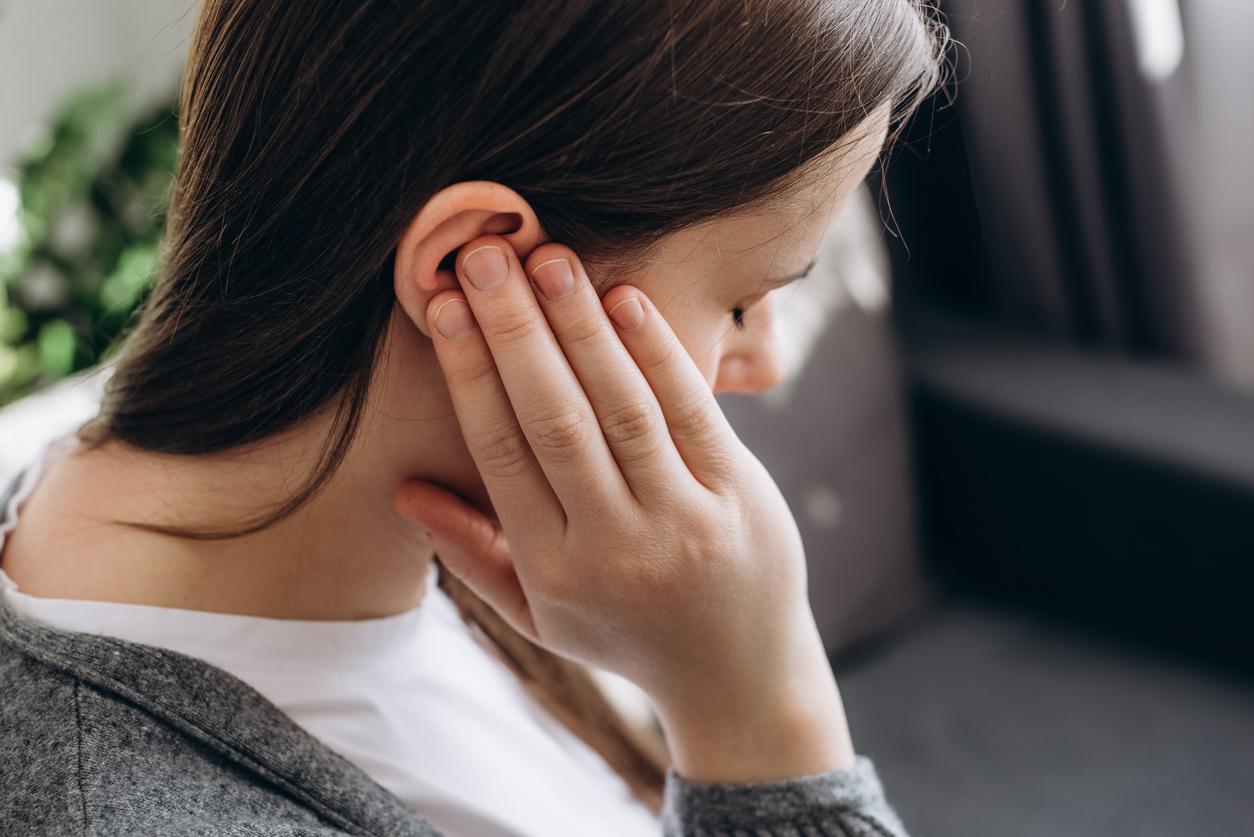A survey carried out by two associations highlights the economic and social weight of tinnitus in France. No less than 8 million people are affected.

- According to an opinion survey, beyond the physical and moral suffering, tinnitus has a significant financial cost for patients. Respondents who suffer from this thus estimated the loss of their income at 2,000 euros per year and, after the share of Social Security, their average remaining cost at more than 1,000 euros.
- The survey also reveals that tinnitus can affect their professional life and have an impact “on their ability to understand speech, their efficiency in managing daily tasks, their quality of sleep and their morale”.
- “Inaction – 7 years on average between the onset of symptoms and the exchange with a doctor – constitutes a time of medical wandering during which people seek alternative solutions to respond to their suffering: where it there are remaining charges”, underlines the study.
“The double punishment of people suffering from tinnitus: physical and moral suffering and economic suffering.” This is the conclusion, in essence, of a new investigation carried out by the associations France Acouphènes and National Hearing Day (JNA), as well as a Ifop barometerahead of the 27th edition of the JNA on Thursday March 14, 2024.
If the physical and moral impact of these hearing disorders, which affect 8 million French peopleis increasingly documented, this is the first time that a national study has illustrated the social and financial burden that they can represent.
Tinnitus, a significant financial cost for patients
In total, 1,563 people affected by tinnitus responded to an online questionnaire (137 questions) “internationally validated” between October 2023 and February 2024, we can read in a press release. Respondents were able to talk about their experiences over the past two years. Whether from a “moderate”, “severe” or “catastrophic level”, It appears that all age groups are affected, with an onset around 41 years of age.
First lesson, tinnitus has a significant financial cost for patients. Respondents who suffer from this thus estimated the loss of their income at 2,000 euros per year (up to 4,000 for residents of Ile-de-France), and their average consultation costs (based on the pricing of procedures) at 840.75 euros.
If hearing problems are also a burden for Social Security, with an average total cost of 296.75 euros per head per year, it is the patient who is responsible for an average remaining cost of 1,079.85 euros, for hearing aids, non-reimbursed alternative therapies (osteopathy, acupuncture, etc.), food supplements, etc.
Finally, the treatment of acoustic trauma – the leading cause of tinnitus in those under 50 – generates an increase in the median cost borne by the patient (3,800 euros compared to 1,900 euros), due to the purchase of adapted devices (tinnitus maskers, earplugs, etc.).

“Tinnitus is an unrecognized disability”
The survey also reveals that tinnitus affects the professional lives of people who suffer from it, by forcing them to take days off work (16%) or by pushing them to change jobs or positions (11, 4%). They can indeed have an impact “on their ability to understand speech, their efficiency in managing daily tasks, their quality of sleep and their morale”. “Whether personally or professionally, tinnitus is an unrecognized disability,” deplore the associations.
Finally, it appears that tinnitus is all the more a source of suffering if treatment is considered too “slow”. According to the study, only 14.3% of respondents were satisfied with it, and this on average 9 years after the onset of their tinnitus. “Inaction – 7 years on average between the onset of symptoms and the exchange with a doctor – constitutes a time of medical wandering during which people seek alternative solutions to respond to their suffering: where it there are remaining charges.”














